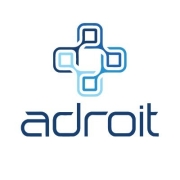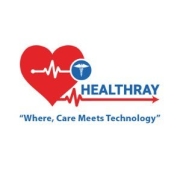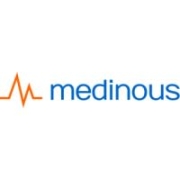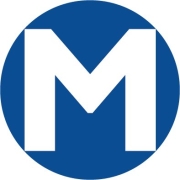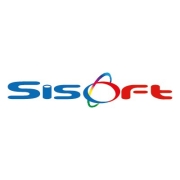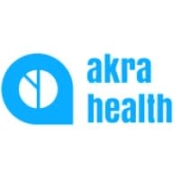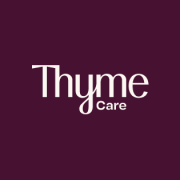Hospital Information Systems are designed to manage and streamline patient data, administrative tasks, and clinical operations across healthcare facilities. These systems improve workflow efficiency and allow for better coordination of care by centralizing important information.
The top 5 Hospital Information System solutions are McKesson STAR 2000, McKesson Paragon, McKesson HealthQuest, eHospital Systems and Software Associates HIS, as ranked by PeerSpot users in February 2025. McKesson STAR 2000 received the highest rating of 0.0 among the leaders and is the most popular solution in terms of searches by peers, and McKesson HealthQuest holds the largest mind share of 22.2%.
Hospital Information Systems integrate electronic medical records, billing processes, and supply chain management into a unified platform. They enhance data accuracy, reduce errors, and provide healthcare professionals with quick access to critical patient information. These systems support interoperability, enabling seamless data exchange between departments and other healthcare providers.
What are the essential features of a Hospital Information System?In the healthcare industry, Hospital Information Systems are implemented to provide comprehensive patient care, streamline administrative tasks, and enhance the overall efficiency of hospital operations. These systems support a wide range of healthcare settings, including hospitals, clinics, and specialty care centers.
Hospital Information Systems are helpful for organizations as they centralize critical data, support clinical processes, and improve operational workflows, which are essential for delivering high-quality patient care and achieving financial sustainability.



